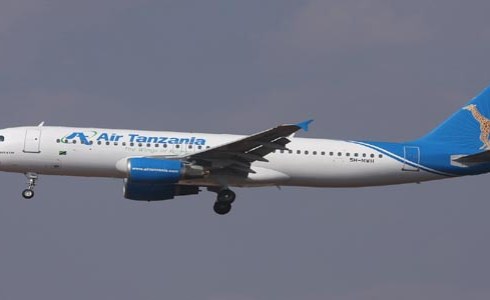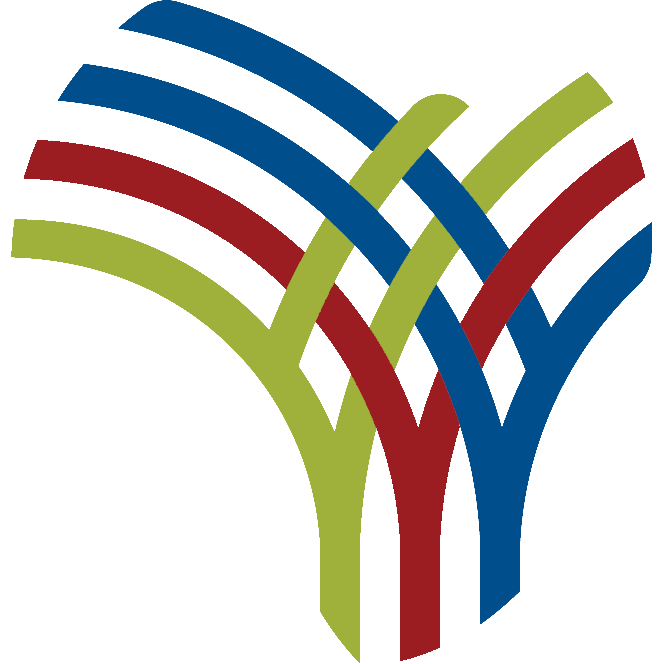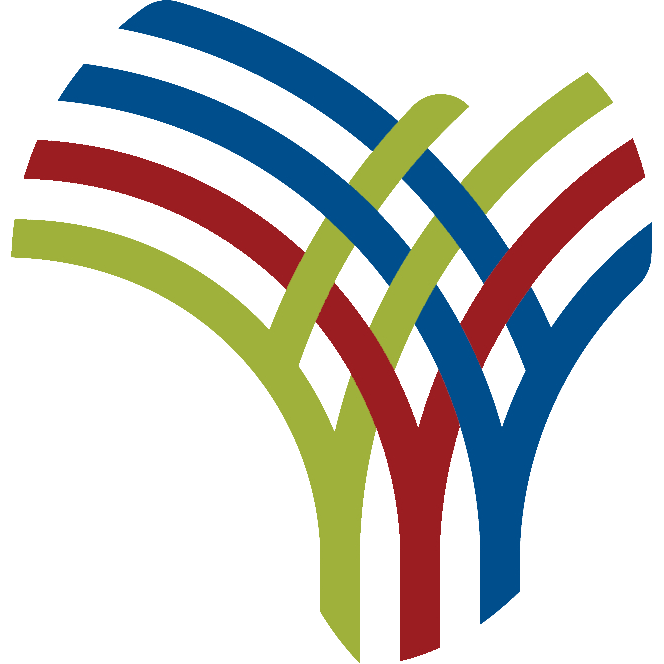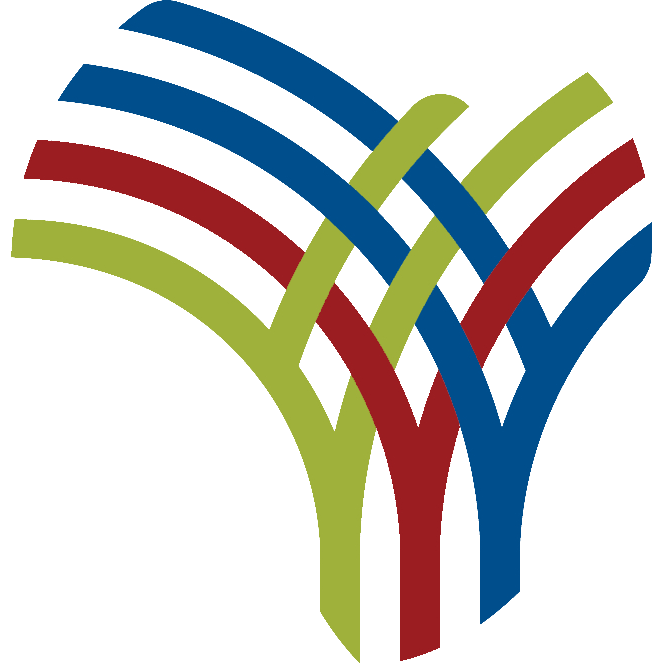Mogadishu, Somalia and Tanzania Sign Historic Agreements to Boost Bilateral Ties
Mogadishu, Somalia — In a landmark event on Thursday, Somalia and Tanzania formalized their commitment to enhanced bilateral relations through the signing of multiple agreements in Mogadishu. The pacts address cooperation in defense, tourism, health, aviation, and general diplomacy, promising a new era of collaboration between the two East African neighbors.
A critical component of the agreements includes a strategic partnership in defense. This collaboration is intended to bolster counter-terrorism efforts, enhance maritime security in the Indian Ocean, and share intelligence to combat regional threats. Both nations have faced challenges from piracy and insurgent groups, making this cooperation essential for regional peace.
The agreements highlight an initiative to promote tourism, tapping into Tanzania’s established attractions like Zanzibar and Mount Kilimanjaro, and Somalia’s emerging cultural heritage sites. Cultural exchanges are expected to foster mutual understanding and appreciation between the peoples of both countries.
In the health sector, the agreements aim to facilitate medical training, share expertise, and manage public health crises, especially after recent regional pandemics. This could involve joint research projects, sharing of medical resources, and coordinated responses to health emergencies.
One of the most anticipated aspects of the deal is the establishment of direct flights between Mogadishu and Dar es Salaam. This move not only aims to boost trade but also to simplify travel for business, tourism, and personal exchanges. The improvement in air connectivity is expected to serve as a catalyst for economic growth by reducing travel times and costs.
Beyond sector-specific agreements, there’s a broad commitment to cooperation in education, trade, and environmental conservation. This includes scholarships for students, trade facilitation, and joint efforts in climate change mitigation, acknowledging the shared environmental challenges.
The agreements are the culmination of discussions initiated during President Hassan Sheikh Mohamud’s visit to Dar es Salaam earlier this year. His dialogue with President Samia Suluhu Hassan was marked by a shared vision for the development and stability of East Africa.
The ceremony in Mogadishu was attended by high-ranking officials from both countries, including ministers of foreign affairs, defense, and tourism. The signing was celebrated as a step forward in regional diplomacy, highlighting a commitment to not just bilateral but also broader East African integration.
Local and international observers view these agreements as a significant stride towards economic recovery for Somalia, which has been rebuilding after decades of conflict, and for Tanzania, which seeks to expand its influence and economic partnerships in the region. The agreements are also seen as a blueprint for other African nations looking to strengthen bonds through mutual benefits.
As both countries look ahead, the focus will be on implementation, ensuring that the promise of these agreements translates into tangible benefits for their citizens. This could mean new jobs, improved security, and enhanced cultural ties, setting a positive trajectory for future collaborations in East Africa.
Source: allafrica.com




















